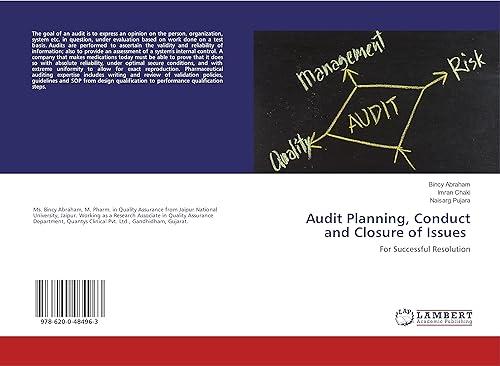Question
Evergreen Company sells lawn and garden products to wholesalers. The companys fiscal year-end is December 31. During 2016, the following transactions related to receivables occurred:
| Evergreen Company sells lawn and garden products to wholesalers. The companys fiscal year-end is December 31. During 2016, the following transactions related to receivables occurred: |
| Feb. 28 | Sold merchandise to Lennox, Inc. for $12,000 and accepted a 8%, 7-month note. 8% is an appropriate rate for this type of note. | |
| Mar. 31 | Sold merchandise to Maddox Co. and accepted a noninterest-bearing note with a discount rate of 8%. The $8,100 payment is due on March 31, 2017. | |
| Apr. 3 | Sold merchandise to Carr Co. for $7,100 with terms 3/10, n/30. Evergreen uses the gross method to account for cash discounts. | |
| 11 | Collected the entire amount due from Carr Co. | |
| 17 | A customer returned merchandise costing $3,300. Evergreen reduced the customers receivable balance by $5,100, the sales price of the merchandise. Sales returns are recorded by the company as they occur. | |
| 30 | Transferred receivables of $51,000 to a factor without recourse. The factor charged Evergreen a 2% finance charge on the receivables transferred. The sale criteria are met. | |
| June 30 | Discounted the Lennox, Inc., note at the bank. The banks discount rate is 10%. The note was discounted without recourse. | |
| Sep. 30 | Lennox, Inc., paid the note amount plus interest to the bank. |
| Required: |
| 1. | Prepare the necessary journal entries for Evergreen for each of the above dates. For transactions involving the sale of merchandise, ignore the entry for the cost of goods sold. (If no entry is required for a transaction/event, select "No journal entry required" in the first account field. Do not round intermediate calculations. Round your final answers to the nearest whole dollar.) (The options are -- no jornal entry required, accounts reveivable, advertising expense, allowance for sales returns, allowance for uncollectible accounts, bad debt expense, cash, cost of goods sold, delivery expense, discount on note payable, discount on note reveivable, entertainment expense, finance charge expense, gain on sale of investments, interest expense, interest revivable, intrest revenue, inventory, inventory- estimated returns, investments, land, liability- financing arrangement, loss on debt restructuring, loss on sale of accounts reveivable, lost on sale of note reveivable, loss on transfer of reveivables, loss on troubled debt restructuring, miscellaneous expense, note payable, not receivable, office supplies, office supplies expense, petty cash, postage expense, reveivable from factor, recourse liability, sales discounts, sales returns, sales revenue.) |
| 2. | Prepare any necessary adjusting entries at December 31, 2016. Adjusting entries are only recorded at year-end. (If no entry is required for a transaction/event, select "No journal entry required" in the first account field.) |
| 3. | Prepare a schedule showing the effect of the journal entries on 2016 income before taxes. (Decreases should be indicated with a minus sign. Do not round intermediate calculations. Round your final answers to the nearest whole dollar.) |
| date Increase(decrease) february 28 12,000 march 31 april 3 7,100 april 11 april 17 april 17 april 30 june 30 june 30 december 31
| |
References
eBook & Resources
General JournalLearning Objective: 07-03 Distinguish between the gross and net methods of accounting for cash discounts.
Step by Step Solution
There are 3 Steps involved in it
Step: 1

Get Instant Access to Expert-Tailored Solutions
See step-by-step solutions with expert insights and AI powered tools for academic success
Step: 2

Step: 3

Ace Your Homework with AI
Get the answers you need in no time with our AI-driven, step-by-step assistance
Get Started


